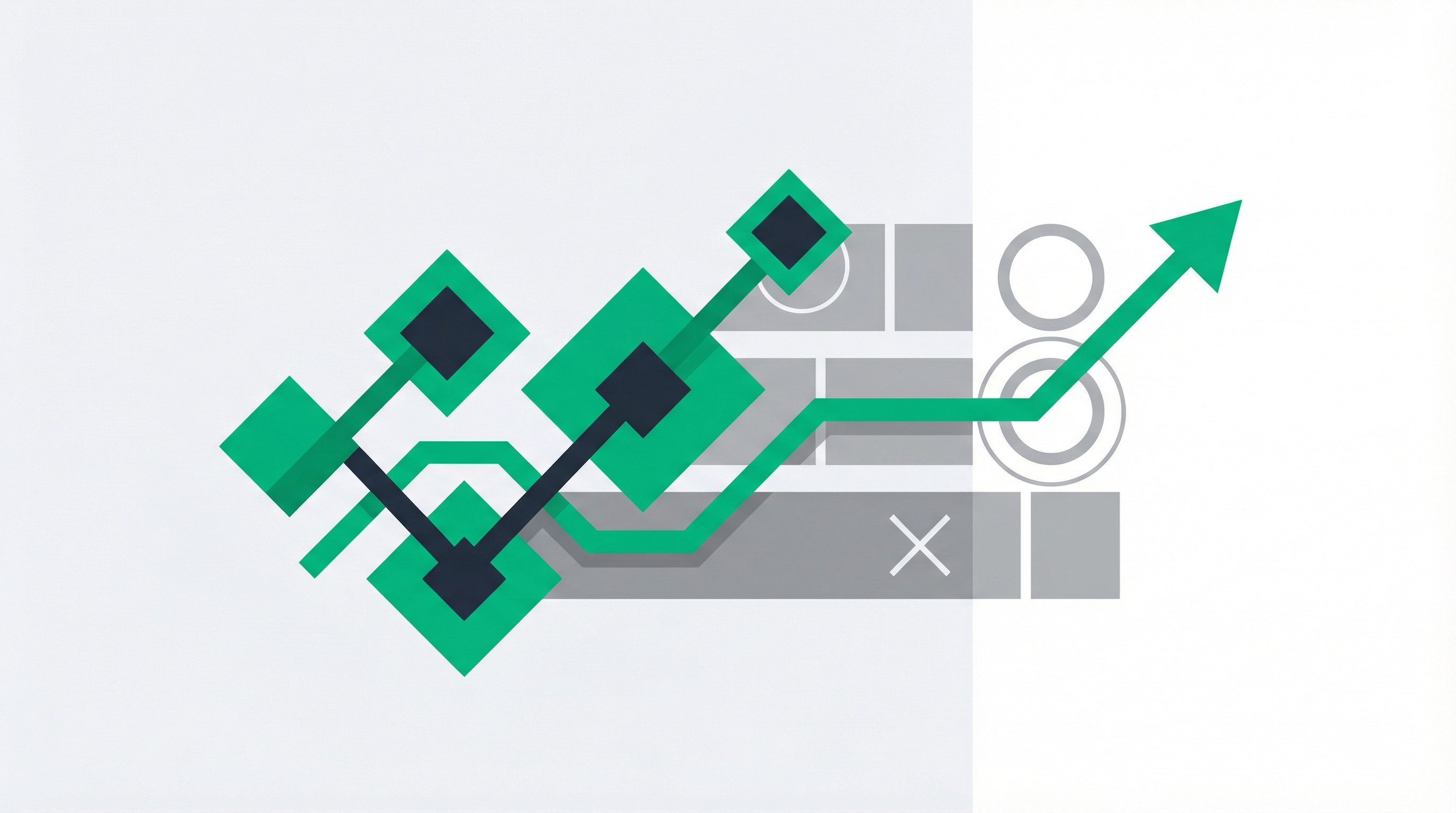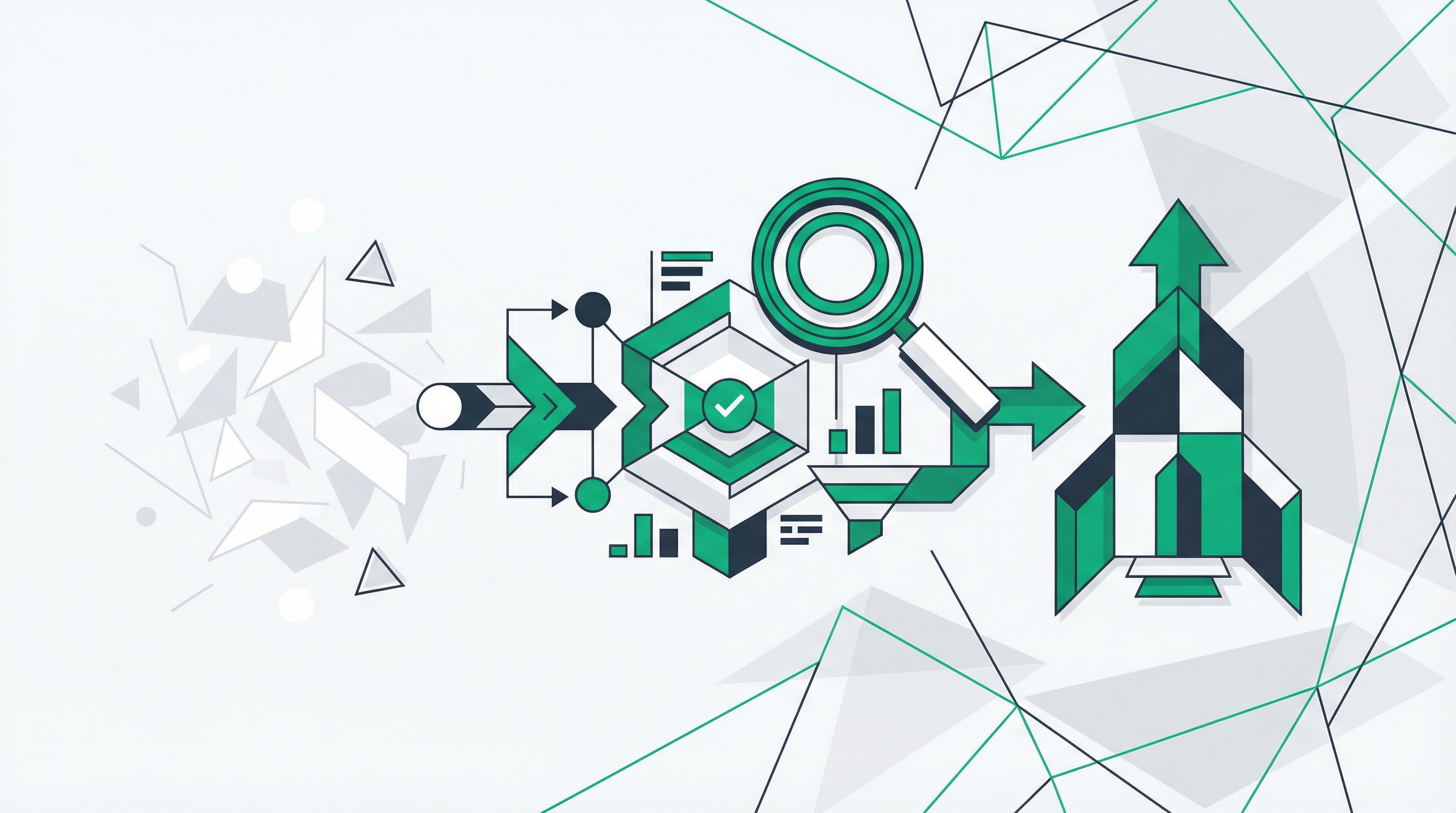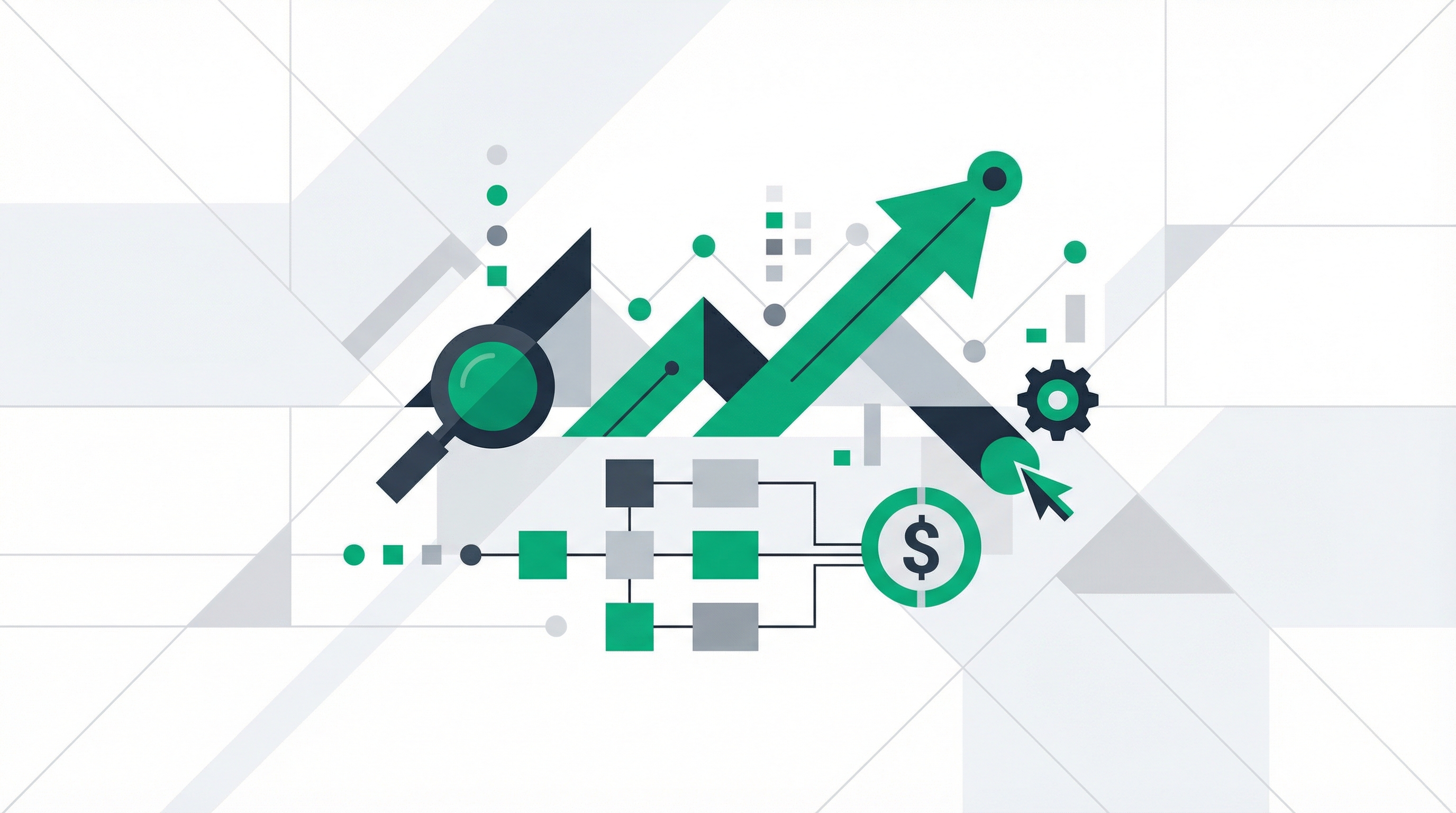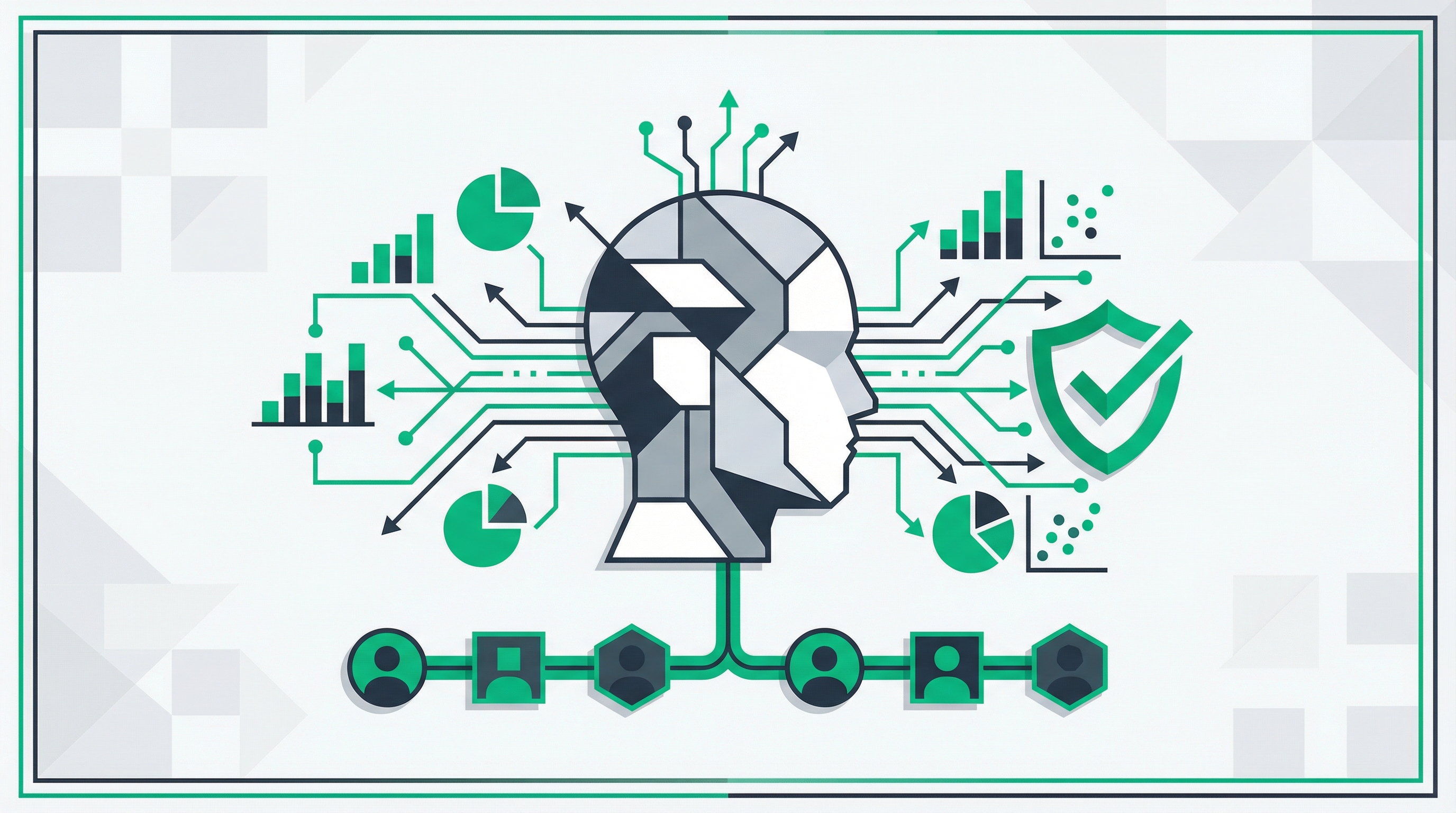5 Ways AI-Powered User Testing Outperforms Traditional Methods
Discover how AI-powered user testing is revolutionizing product development by providing faster, more cost-effective, and equally reliable feedback compared to traditional testing methods.

Traditional user testing has long been the gold standard for gathering feedback on products and designs. However, the process is often slow, expensive, and logistically complex. AI-powered user testing is changing the game by offering a faster, more cost-effective alternative that delivers equally valuable insights.
1. Speed: From Weeks to Minutes
Traditional user testing typically takes weeks to plan, recruit participants, conduct sessions, and analyze results. With AI-powered testing, the entire process can be completed in minutes. Simply input your product concept or design, select your target personas, and receive detailed feedback almost immediately.
This rapid turnaround enables product teams to test multiple iterations quickly, leading to faster development cycles and more refined products. Companies using Litmusly report reducing their testing timeline from 2-3 weeks to just 1-2 days on average.
"We were able to test five different design concepts in a single afternoon—something that would have taken us over a month with traditional methods."
- Product Manager at a Fortune 500 company
2. Cost-Effectiveness: 80-90% Savings
The costs associated with traditional user testing add up quickly: participant recruitment, incentives, moderator time, facility rental, and analysis. A typical usability study with 8-10 participants can cost anywhere from $10,000 to $20,000.
AI-powered testing eliminates most of these costs. There's no need to recruit participants, pay incentives, or rent facilities. The result is a typical cost savings of 80-90% compared to traditional methods, making comprehensive user testing accessible to companies of all sizes.
3. Diversity of Feedback: Beyond Your Usual Participants
Recruiting diverse participants for traditional user testing is challenging and expensive. Geographic, demographic, and logistical constraints often result in a narrow participant pool that doesn't fully represent your target audience.
AI personas can be configured to represent virtually any user type, from different demographics, technical abilities, professional backgrounds, and even accessibility needs. This diversity enables product teams to gather feedback from user segments that might be difficult or impossible to recruit in traditional testing.
4. Consistency and Scalability
Human participants vary widely in their articulation, feedback quality, and engagement level. Some provide detailed insights, while others struggle to express their thoughts clearly, creating inconsistent results.
AI personas deliver consistently structured feedback with the same level of detail and analytical approach each time. This consistency makes it easier to compare results across different tests and design iterations. Additionally, you can scale from testing with a handful of personas to dozens without the logistical challenges of recruiting more human participants.
5. Integrated Analysis and Recommendations
Traditional user testing generates hours of recordings and pages of notes that must be manually analyzed, a process that's both time-consuming and subject to analyst bias.
AI-powered testing platforms automatically analyze feedback across all personas, identifying patterns, prioritizing issues, and even suggesting potential solutions. These integrated analytics capabilities help product teams quickly identify the most impactful improvements and translate insights into action.
When to Use Each Approach
While AI-powered testing offers significant advantages, traditional user testing still has its place in the product development process:
- Use AI testing for: Early concept validation, rapid iteration, design exploration, and when speed or budget are constraints.
- Use traditional testing for: Final validation of critical features, complex physical products, and when direct observation of emotional responses is crucial.
The most effective approach often combines both methods: use AI testing for rapid iteration and to identify major issues, then validate the refined design with targeted traditional testing.
Conclusion: The Future of User Testing
AI-powered user testing isn't replacing traditional methods—it's expanding the toolkit available to product teams. By providing a faster, more cost-effective option for gathering user feedback, it enables more frequent testing throughout the development process.
The result? Products that better meet user needs, development cycles that move more quickly, and companies that can bring successful products to market with greater confidence and less waste.
Litmusly Team
We help product teams catch UX friction before it reaches production. Our AI-powered simulations provide fast, reliable feedback grounded in real user behavior.
Try a free simulation →Related Articles
Ready to test your product?
Get instant UX feedback from AI personas. Catch issues before they reach your users.
Try Free SimulationStay updated
Get the latest insights on AI-powered user testing and product development delivered to your inbox.


